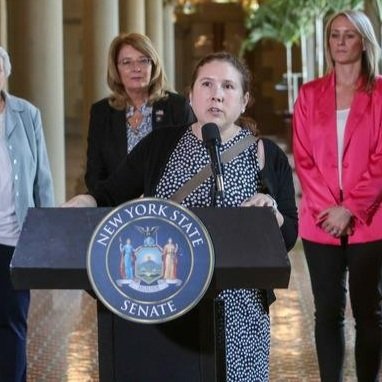
Paraquat Gets EPA Thumbs Up: Advocates Get The Agency’s Middle Finger
Paraquat Gets EPA Thumbs Up: Advocates Get The Agency’s Middle Finger
The recent EPA endorsement of paraquat, despite mounting evidence linking it to Parkinson's disease (PD), is a profound betrayal of public trust. This decision, seemingly driven by corporate interests, disregards the health and well-being of communities across the nation, fueling an intensified wave of outrage and disappointment.
The EPA's report, touting the benefits of paraquat for crop production, is a stark slap in the face to those who tirelessly advocate for environmental safety.

Spark of Change: Igniting Parkinson's Advocacy
Kristi LaMonica PhD seizes advocacy opportunities with U.S. Congresspersons and State lawmakers in New York’s capital city. She is urging support for the National Plan to End Parkinson’s Act and the statewide push for a Parkinson’s registry. Read her first hand account here.

PD Avengers Assemble - July 2022
Updates on Paraquat Lawsuits, PMD Alliance’s “All In” Conference, the inaugural Improv for Parkinson’s Summit, Every Victory Counts guide now available in Canada thanks to a collaboration between Davis Phinney Foundation and Parkinson’s Canada and more.

